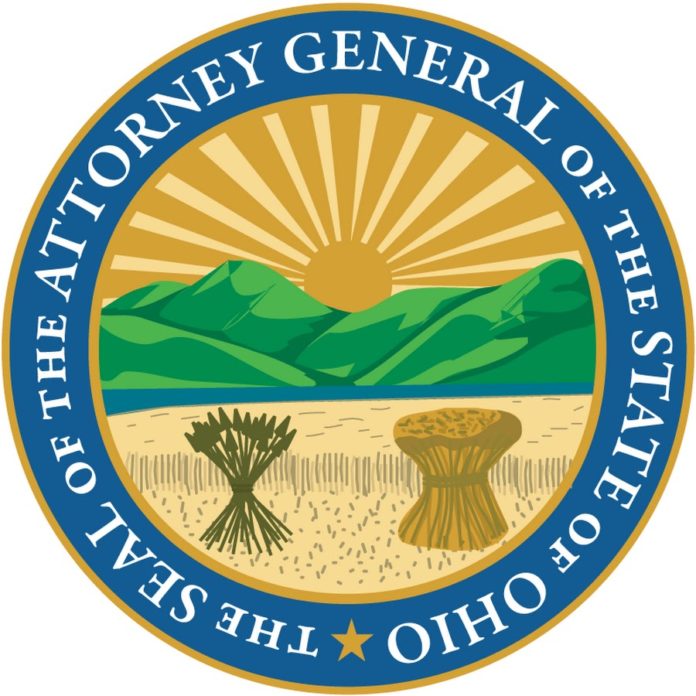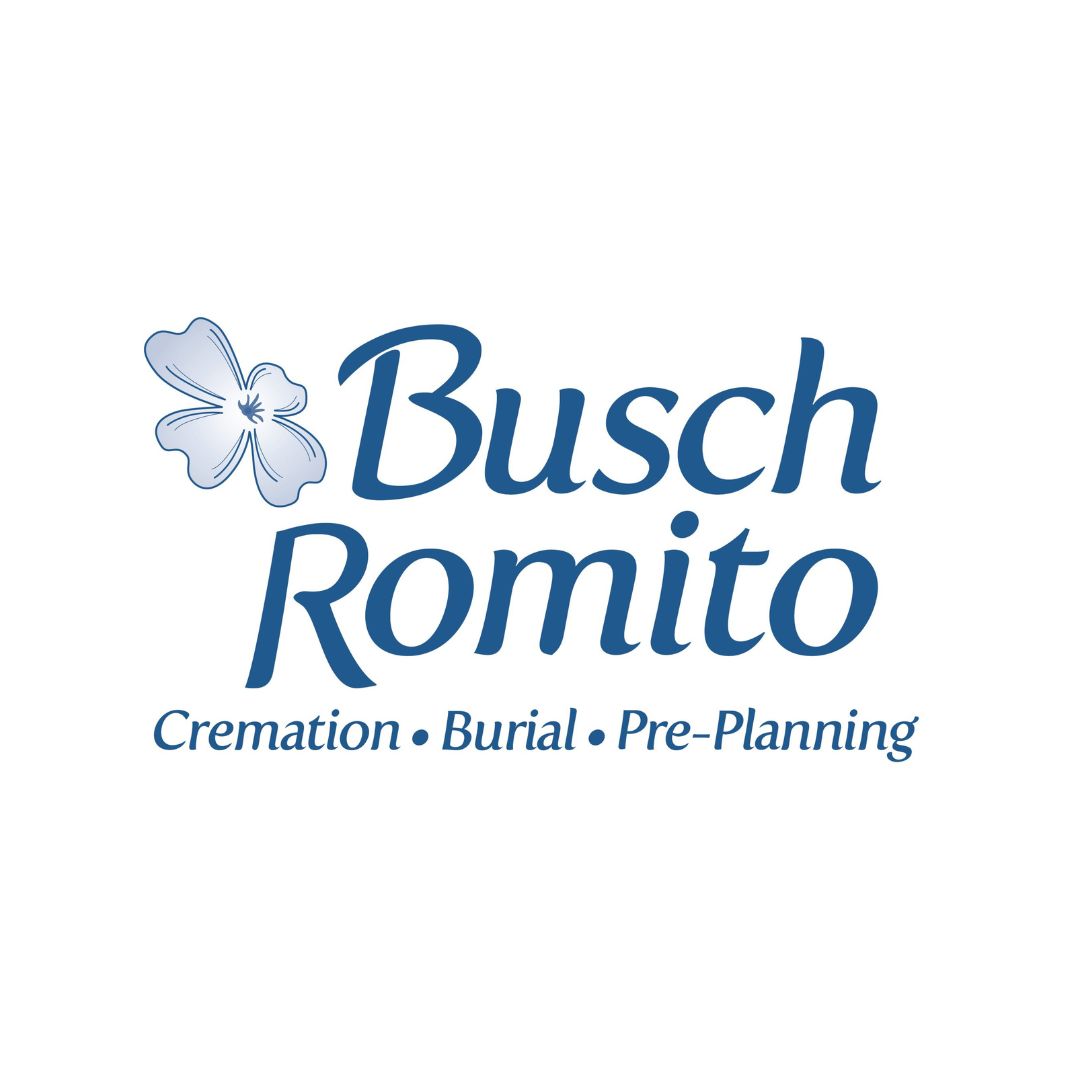(COLUMBUS, Ohio) — In a landmark lawsuit filed today, Ohio Attorney General Dave Yost accuses pharmacy benefit managers Express Scripts and Prime Therapeutics of using a little-known, Switzerland-based company to illegally drive up drug prices and ultimately push those higher costs onto patients who rely on lifesaving drugs such as insulin.
“PBMs are modern gangsters,” Yost said. “They were designed to protect and negotiate on behalf of employers and consumers after Big Pharma was criticized for overpricing medications, but instead they have absolutely destroyed transparency, scheming in the shadows to control drug prices on all sides of the market.”
This collusion, the lawsuit maintains, has been made possible by PBM market consolidation, which has left the three largest PBMs, including Express Scripts, in control of more than 75% of the drug market and the three next largest in control of much of the rest.
In marketing its services, Express Scripts touts its ability to leverage its significant market power to extract lower drug prices from drug manufacturers and promises to deliver cost savings to health insurers and employers – a promise that “is knowingly false,” the lawsuit says.
Rather, Express Scripts has used its dominance solely for its own financial gain, creating “a complex ‘pay to play’ rebate system that, perversely, pushes manufacturers to increase drug prices in order to be placed on, or receive, preferred placement on PBM formularies.” The savings that PBMs claim from the inflated list prices are illusory.
Pharmacies, too – especially independent pharmacies – have been “strangled” by nefarious PBM tactics.
In order to stay in insurance networks, they often are forced to not only accept drug reimbursement rates far below what they have to pay for those drugs – with little, if any, of the cost savings passed on to employers or insured consumers – but also pay exorbitant “administrative” fees.
And pharmacies don’t know how much a PBM will reimburse it for a drug until long after the medication has been picked up by the customer, resulting in financial losses for the pharmacies when filling prescriptions.
Yost uses Express Scripts’ current battle with Kroger as an example: “When a shadowy business controls pricing and reimbursement rates to such an extent that even the nation’s largest grocer can’t turn a profit working with Express Scripts, imagine the impact on a mom-and-pop pharmacy in rural Ohio — and the local residents.”
Yost’s lawsuit, filed in Delaware County Common Pleas Court, stands apart from other similar lawsuits nationwide in that it targets PBMs only, not the pharmacies or manufacturers that are being strong-armed by PBMs.
The suit alleges multiple violations of the Valentine Act, Ohio’s antitrust law, which prohibits price fixing, controlled sales and other agreements that restrain trade and hurt competition. The Valentine Act is broader than its federal corollary, the Sherman Act, in that the Ohio law prohibits market harms, in addition to consumer harms.
“Both drug buyers and sellers have little choice but to play the game by the PBMs’ rules, allowing PBMs to extract both monopoly profits from individuals and monopsony profits from the market.”
In the case of Express Scripts, the company added insult to injury when it responded to mounting public criticism of PBMs by forming the “group purchasing organization” Ascent Health Services in 2019 – purportedly to take over the company’s pricing and rebate negotiations with drug manufacturers.
Later that year, though, Express Scripts offered a competitor, Prime Therapeutics, ownership in Ascent and relocated Ascent operations from St. Louis to Switzerland, further concealing its ongoing pricing and rebate scheme.
In reality, Yost’s lawsuit says, Express Scripts and Prime Therapeutics have used Ascent to share pricing, discount and rebate information with each other and with Humana Pharmacy Solutions, an Ascent customer – driving drug prices up even higher.
In addition to Express Scripts, Prime Therapeutics, Ascent and Humana Pharmacy Solutions, Yost’s lawsuit names as co-defendants:
- Cigna Group, parent company of Express Scripts
- Evernorth Health, another subsidiary of Cigna
- Humana, parent company of Humana Pharmacy Solutions
The defendants’ unlawful arrangement, the suit says, has harmed not only manufacturers and pharmacies but also employers and, in a far more insidious way, drug consumers.
For example, an estimated 1.1 million Ohioans are diabetics. For hundreds of thousands of them, daily insulin injections are essential to survival, but Express Scripts’ well-concealed scheme has fueled an astronomical increase in the price of insulin – from roughly $20 per unit in the late 1990s to between $300 and $700 per unit today.
And this practice is not limited to insulin, Yost alleges, but plays out similarly for other drug classes and so-called biosimilars.
“Medications shouldn’t cost an arm and a leg, metaphorically or literally,” the attorney general said. “Insulin is just a symptom of the problem; PBMs are the disease.”
Yost’s lawsuit aims to halt the defendants’ “secret and anticompetitive conduct and strong-arm tactics that have prevented free-market forces from ensuring that Ohio’s most vulnerable citizens can afford the prescription drugs on which their lives depend.”
It also seeks statutory fines and disgorgement of the ill-gotten profits.
“The defendants have harmed not just markets and pocketbooks, but Ohioans’ health and lives.”























